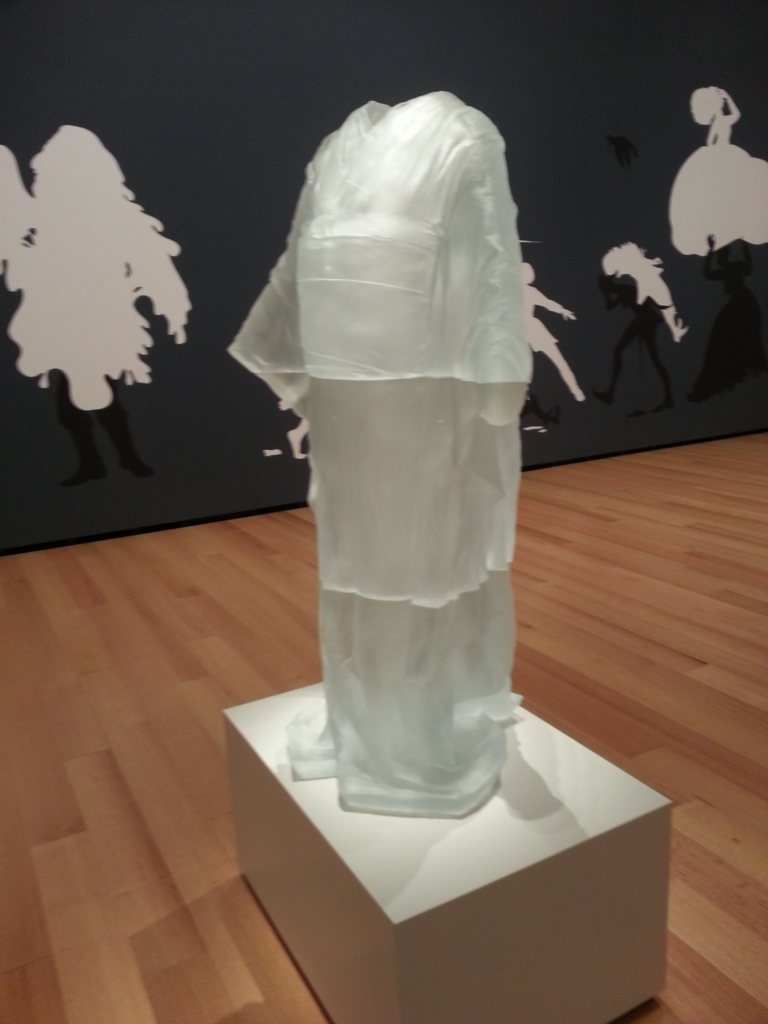Citing of my HRV and Hypertension Article
Kristen Sparrow • June 21, 2019


These authors gave a very decent summary of my journal article, with very accurate depiction of the study type, outcome, pitfalls etc… The only inaccuracy, was that they gave Golianu first authorship (no big deal) and said I was a Stanford Doctor (something I won’t go to the mat over.) It was very fortuitous, that just before my study was published, UCLA published a similar study in heart disease patients.
Reducing Stress, Raising HRV:
According to Sparrow and Golianu, Ancient Chinese Medicine practitioners recognized what we now know from quantitative analysis: that a machine-like regularity of heart rate is a sign of disease, age, and stress.
The two Stanford University researchers were interested in uncovering a possible connection between acupuncture and reduced physiological stress. They hypothesize that an increase in heart rate variance (HRV) during treatment (as well as cumulative long-term HRV improvements) would be a good marker for a reduction of physiological stress in response to acupuncture. They undertook a retrospective, uncontrolled observational study of ten patients being treated in a private acupuncture clinic for hypertension. The number and frequency of appointments varied a great deal between each client. In all cases, they gathered blood pressure readings prior to acupuncture, as well as HRV measurements recorded 20 minutes post-needling.
The results were primarily positive. The majority of patients saw a decrease in blood pressure as well as an increase in their heart rate variance –both positive health indicators (Sparrow K, Golianu B. Med Acupunct. 2014; 26(5): 286-294).
Only one patient did not see any improvement. The authors note that typically about 20% of all people do not respond to acupuncture therapy. While 20% may sound high, it is important to keep in mind that many commonly prescribed medications are also ineffective in large numbers of people. For example, in the case of statin drugs, the number needed to treat (NNT) ratio stands at 1 in 83 for prevention of death, and 1 in 125 for prevention of a stroke (http://www.thennt.com/nnt/statins-for-heart-disease-prevention-with-known-heart-disease/“>Newman D, et al. The NNT Group).
Drs. Sparrow and Golianu admit their study raised more questions than it answered.
For example, they wonder why there seemed to be cumulative changes over time, and whether this development reflects additional physiologic changes taking place.
They also admit that they are still uncertain about whether the observed HRV changes have sufficient clinical significance. That being said, the overall implications of this study suggest that acupuncture may be an effective method of reducing physiological stress. If that is the case, it makes sense to include acupuncture as part of any effort to improve mood, lower cardiovascular risk, increase immune system function, and reduce systemic inflammation.

